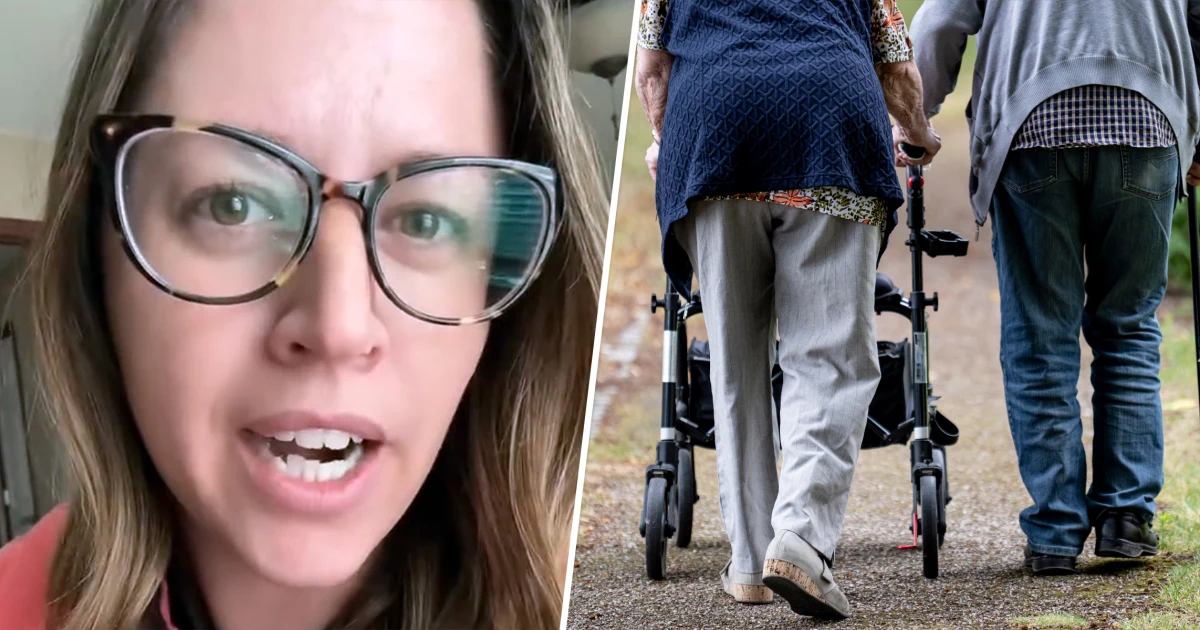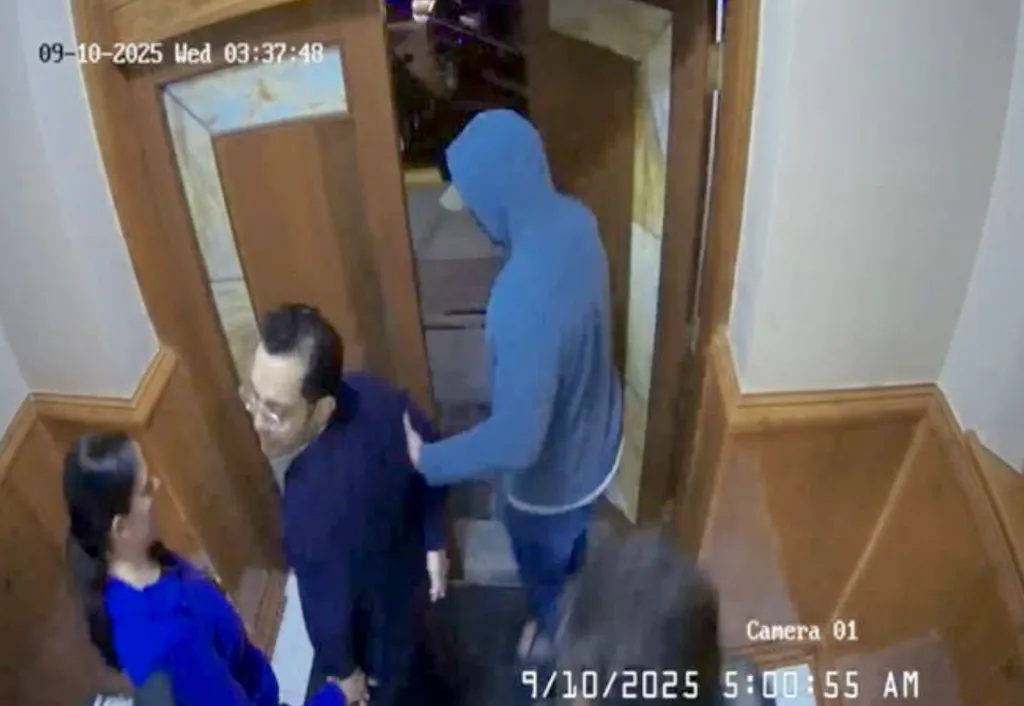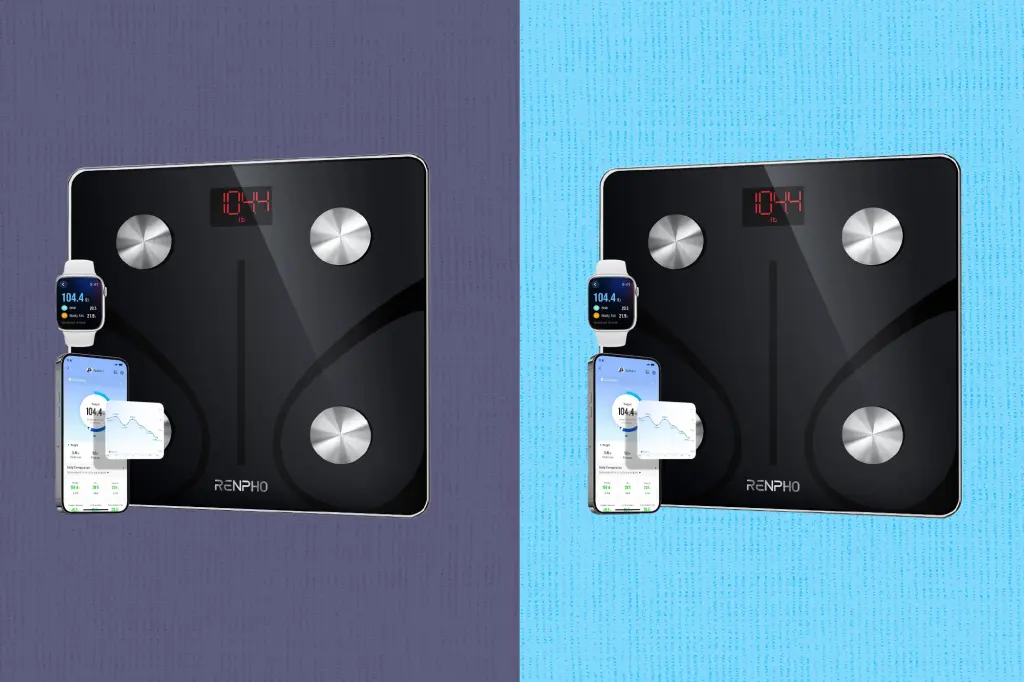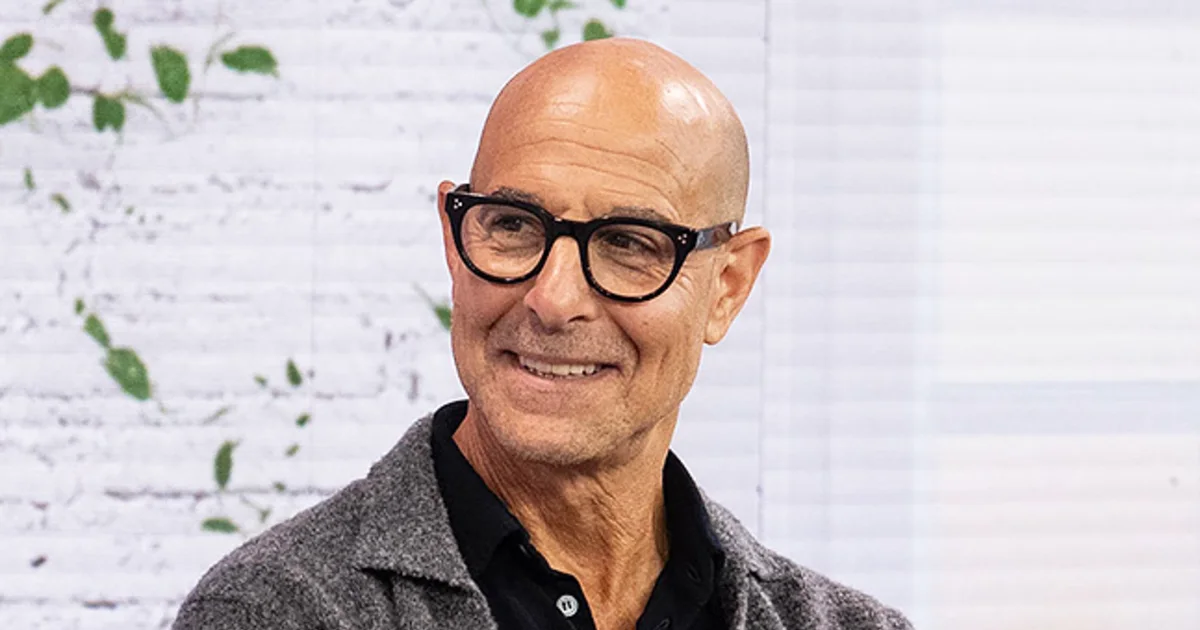
If the Golden Girls were around in 2025, they’d be flowing through Pilates classes, swiping through dating apps and documenting it all on Instagram Stories. Aging, once imagined as a transition to rocking chairs and crocheted doilies, looks very different now. Which is why many in the 60-and-older crowd are quietly backing away from one term in particular.
“You know that boomers are phasing out the word senior like senior citizens?” asked Emmaline Childs, a creator in Minnesota, in a recent TikTok. The video was inspired by her 66-year-old mother, Robin, who appreciates that buildings and programs for her age bracket are increasingly being given lifestyle-oriented titles. For example, a senior center might now be rebranded as a community center.
“The word ‘senior’ makes her feel old. She’s like, ‘I don’t want to be reminded of it!’” Childs, 46, tells TODAY.com. That sentiment is backed by research: older adults often dislike the term for the same reason, according to Donya Currie, associate director of communications at the National Council on Aging (NCOA).
“Old is a bad word in America,” Currie tells TODAY. “People will do anything they can to avoid being seen as old.” She notes that this resistance is rooted in ageism, or discrimination based on age, which affects areas such as employment and healthcare.
However, the term senior isn’t universally rejected. Currie points to events such as the National Senior Games, open to athletes 50 and older, which are redefining the word by showcasing what people can still achieve. Notably, at the 2025 games, 91-year-old Flo Meiler set a new world record in the triple jump, while 95-year-old Joyce Jones competed in pickleball.
“Every day in America, 11,000 people turn 65. We’re living longer, healther lives,” Currie says. “I’m seeing growing momentum around embracing it. There’s a real conversation happening about aging and how we talk about it.”
In Childs’s video, she also mentioned that her mom likes to describe herself as part of Generation Jones, a subset of baby boomers born between the mid-1950s and mid-1960s.
“I kind of do an eye roll about generational labels,” Currie says. “Broad labels oversimplify people’s experiences, and that kind of stereotyping isn’t helpful when we’re talking about aging.”



